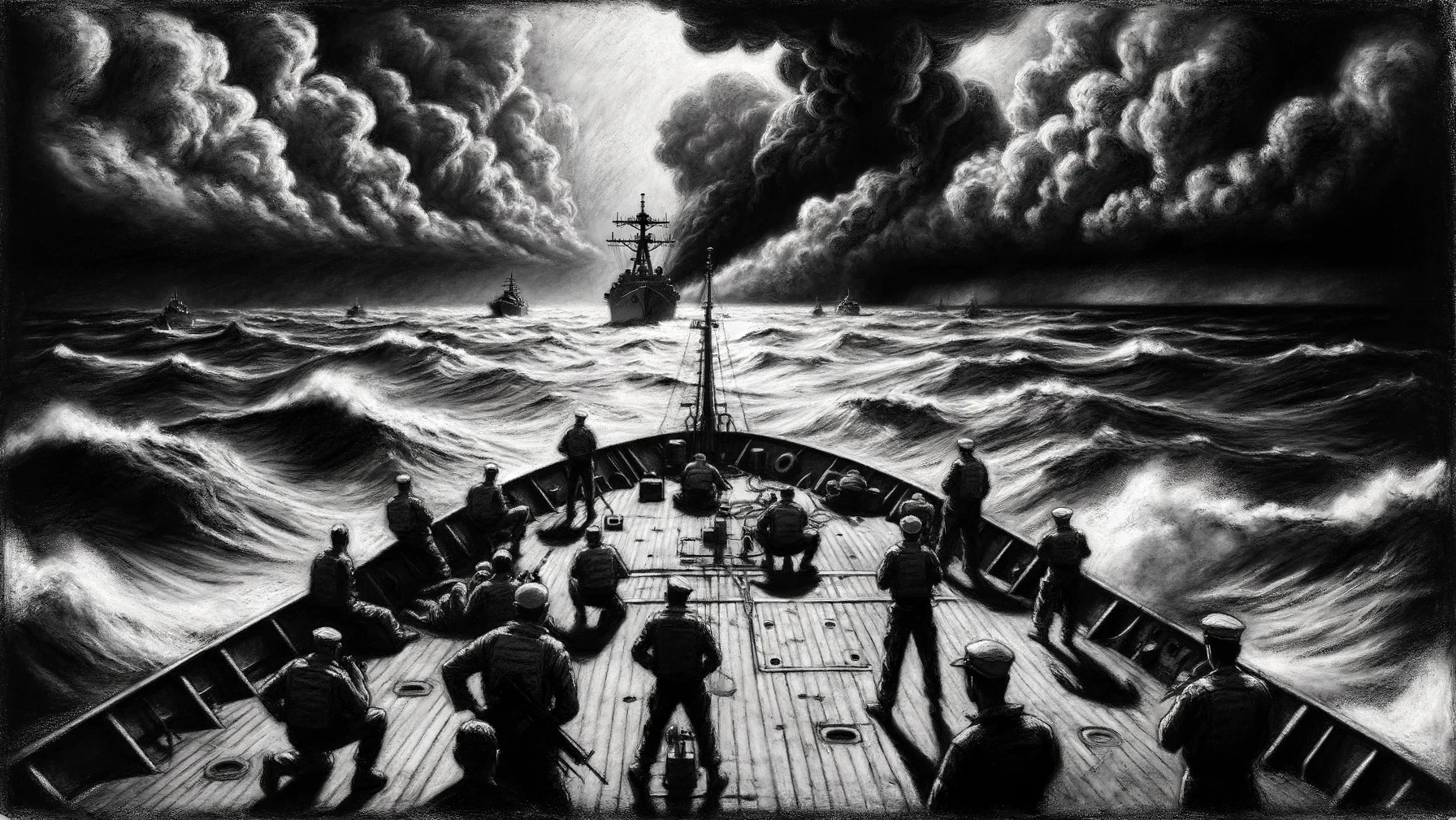America and the Houthis: Have the Drums of War Beaten?
Asharq Al-Awsat, London, March 13
When Winston Churchill sought American support to combat Nazi control over Europe, Franklin D. Roosevelt insisted on neutrality, despite Japan posing a threat to US interests. A similar scenario arose when the anti-Houthi coalition appealed to America to acknowledge the imminent danger posed by Houthi influence in Yemen. However, American assistance was limited to logistical and intelligence aid, weapon sales, and fuel supplies to fighters. Now, the US finds itself entangled in a maritime conflict in the Red Sea, diverting ships towards Africa, resulting in increased costs and delayed goods delivery to ports. Houthi Telecommunications Minister Misfer Al-Numair recently declared that no ship can enter Yemeni waters without first obtaining a permit from the Houthi government. Recently, the MV Rubymar ship, carrying chemicals that could cause an environmental disaster, was struck by Houthi ballistic missiles. This turned the Bab al-Mandab Strait into a war zone, halting ship crossings. Former President Barack Obama likened US allies opposing the Houthis to “free riders,” expecting America to fight their battles. This holds true today, as America waits for a strong military stance from Gulf states, realizing the urgency of the situation. The coalition successfully pushed the Houthis back to their initial territories, weakening their power and involving them in administrative challenges. The coalition nations raised alarms about ballistic missiles entering Yemen from Iran, highlighting the evident support the Houthis receive from Tehran. The presence of Iranian weaponry, drones, and missile components supplied to the Houthis emphasizes America’s oversight in addressing the issue promptly. The Red Sea has evolved into a pivotal security concern since the 1973 war, attracting various global interests. Efforts to destabilize the region by Iran, especially in Yemen, have sparked concerns among Western powers. The Houthi threat in the Red Sea persists, necessitating a strategic response. Minor strikes against the Houthis have only fueled their defiance. The US and its allies must navigate the delicate situation carefully to counter the Houthis without escalating into a full-blown war. The need to confront Iranian influence in the region is paramount to restoring stability. In conclusion, the Houthi threat in the Red Sea stems from wavering international support for the coalition during critical military operations. The West now faces a dilemma, with war being the only apparent solution. Learning from history, decisive action is imperative in preventing further escalation. As tensions rise, Western nations must unite against common threats, echoing the words of Roosevelt and Churchill against a new foe—with Biden at the helm. —Fahd Al-Shuqairan (translated by Asaf Zilberfarb)


